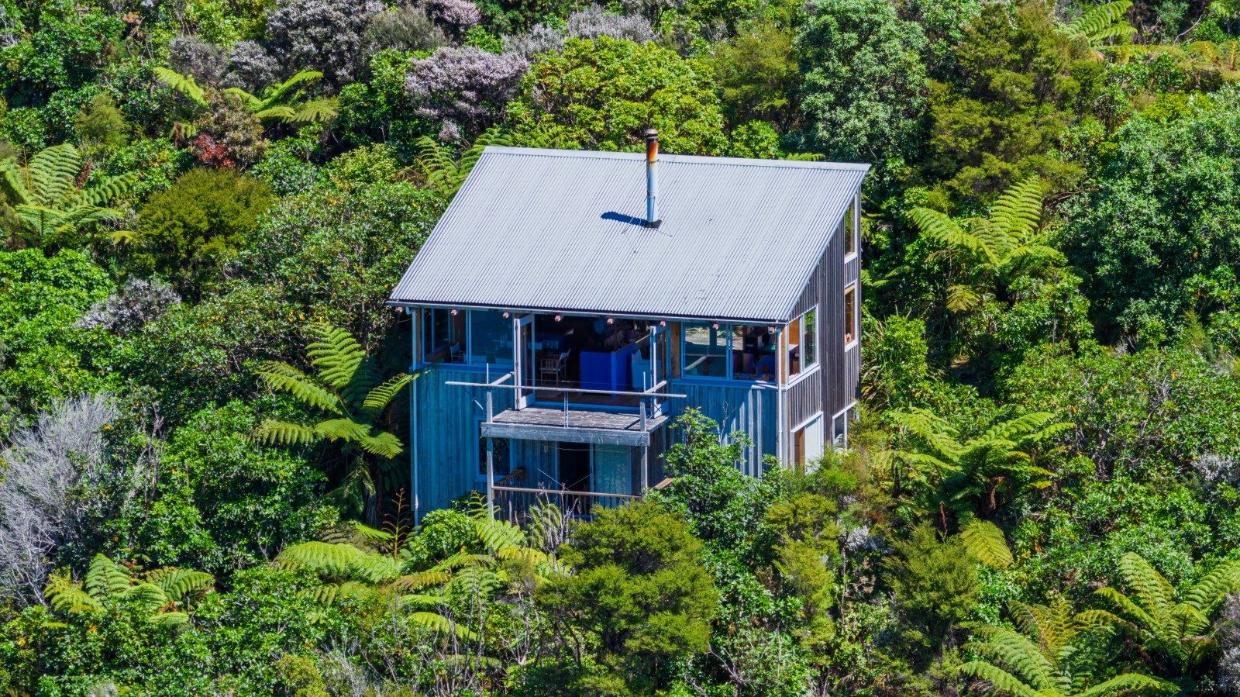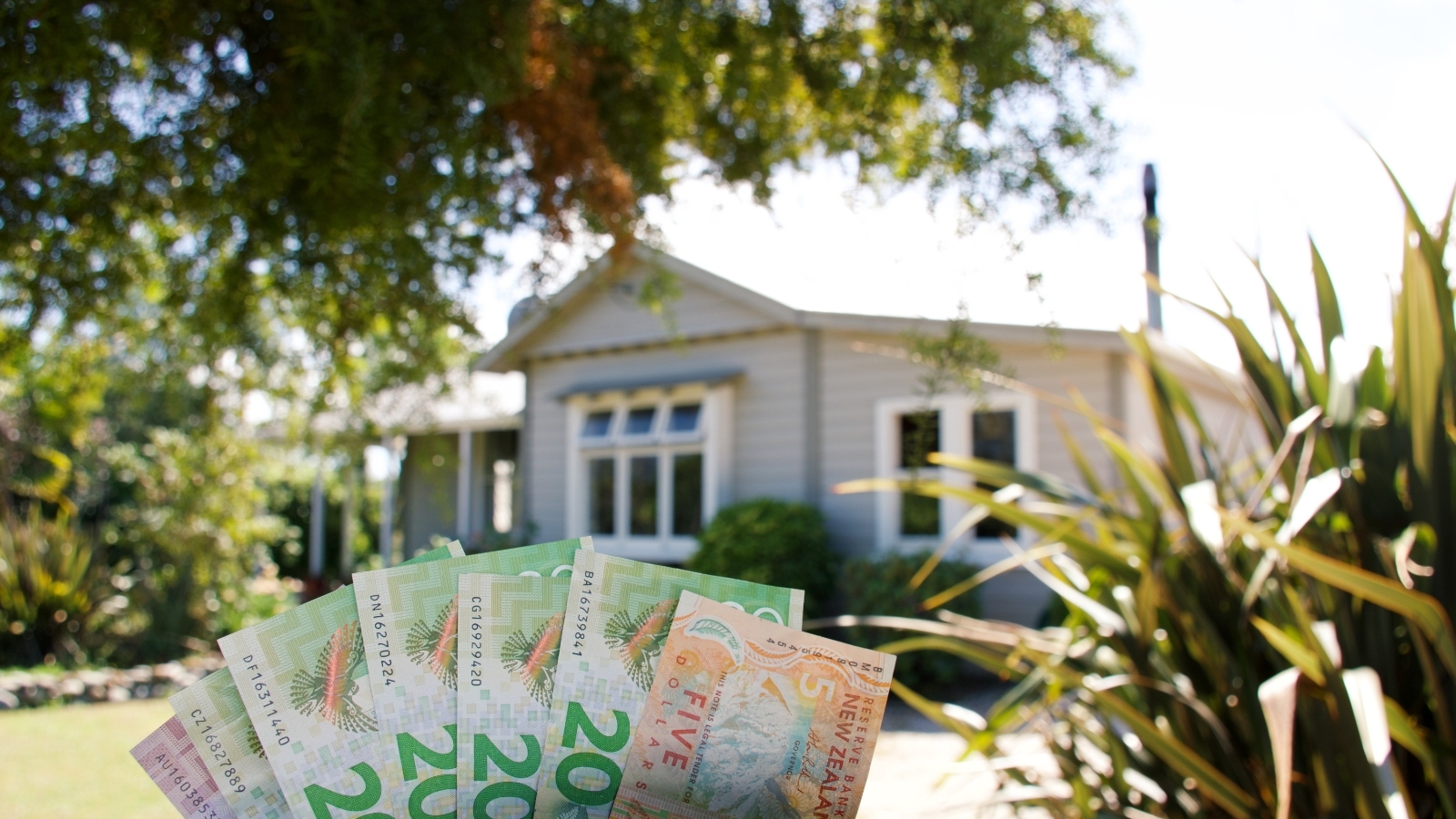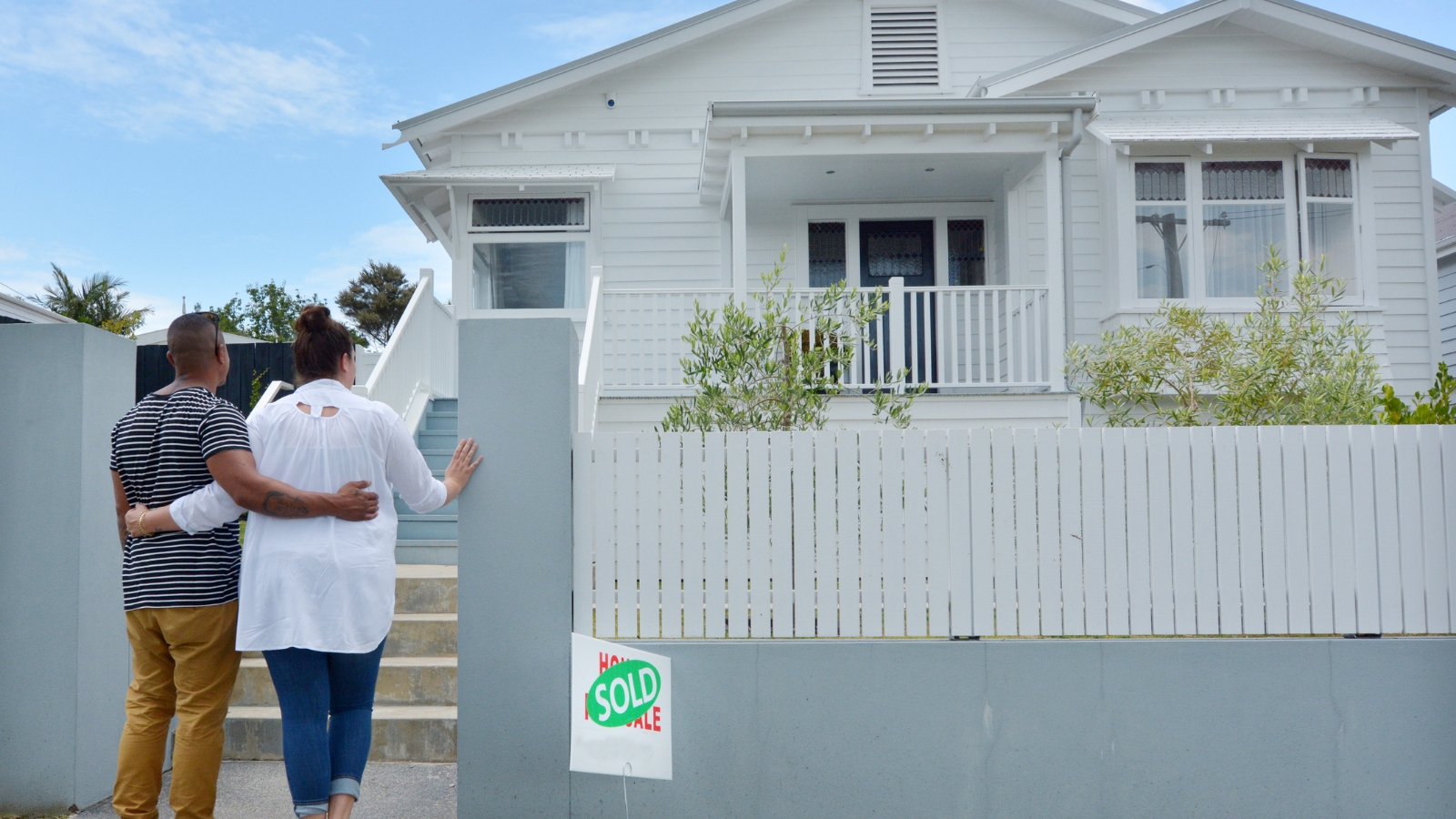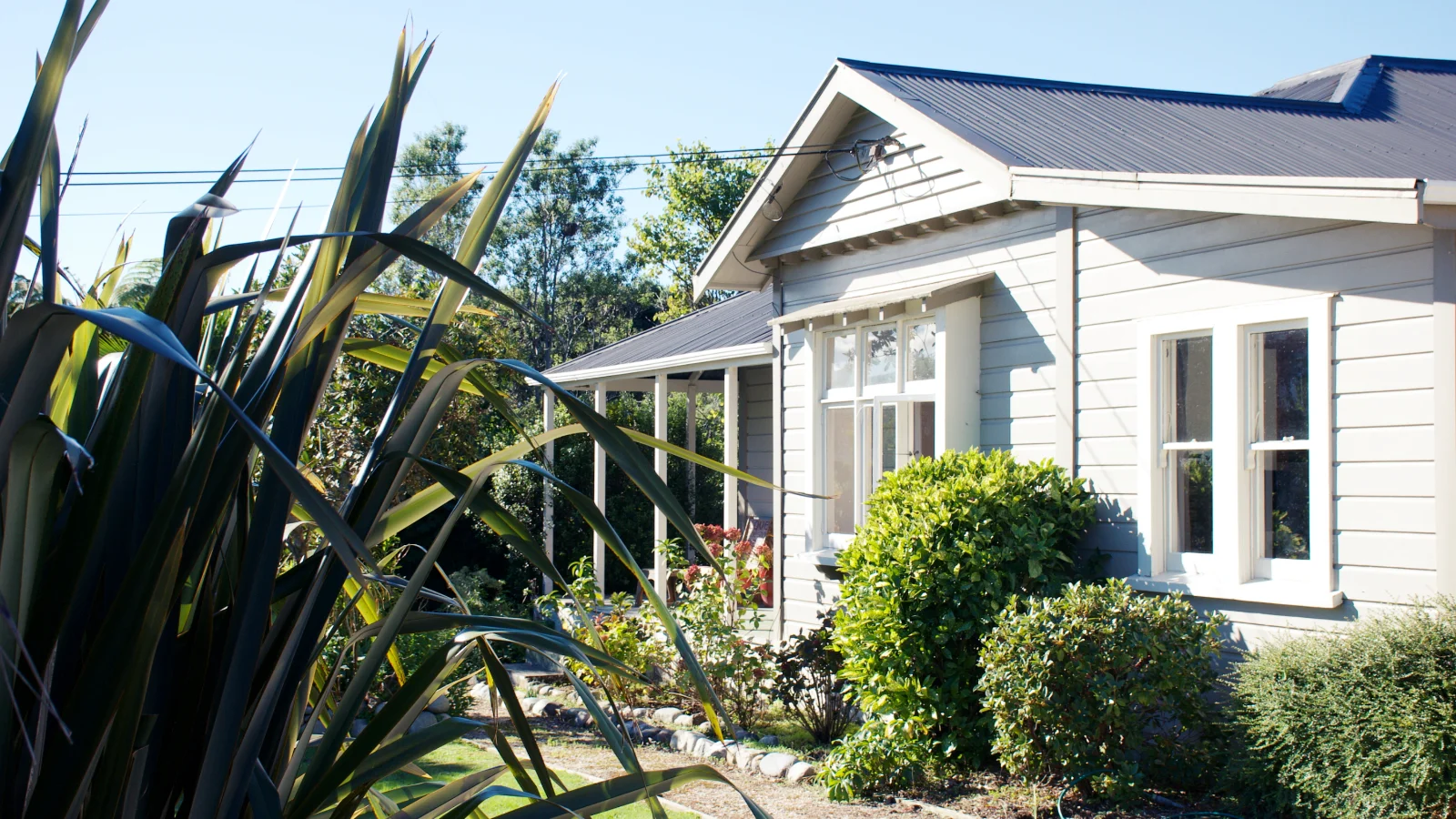Selling guide
Property valuations NZ: 6 ways to know a property’s worth
Ranked from least to most accurate

1. Look at past sale prices – Best for nosy parkers
2. Check Homes.co.nz – A good starting point
3. Research sales of similar homes in the area – The next step
4. Get a real estate appraisal – An indication of market value
The only way to know for sure what your home is worth is to sell it.
4. Get a real estate appraisal – An indication of market value
5. Pay for a valuation – The most accurate option
6. Let the market decide – The only way to know for sure
Author
Discover More

Property value NZ: Check your house value online
Get a better understanding of property value across New Zealand

‘It’s time for life and laughter to fill the bach again’: Architect’s retreat and boatshed listed 30 years on
This two-level bach at Maraetai Bay in Queen Charlotte Sound was designed by the late architect Jonty Rout.
Search
Other articles you might like




